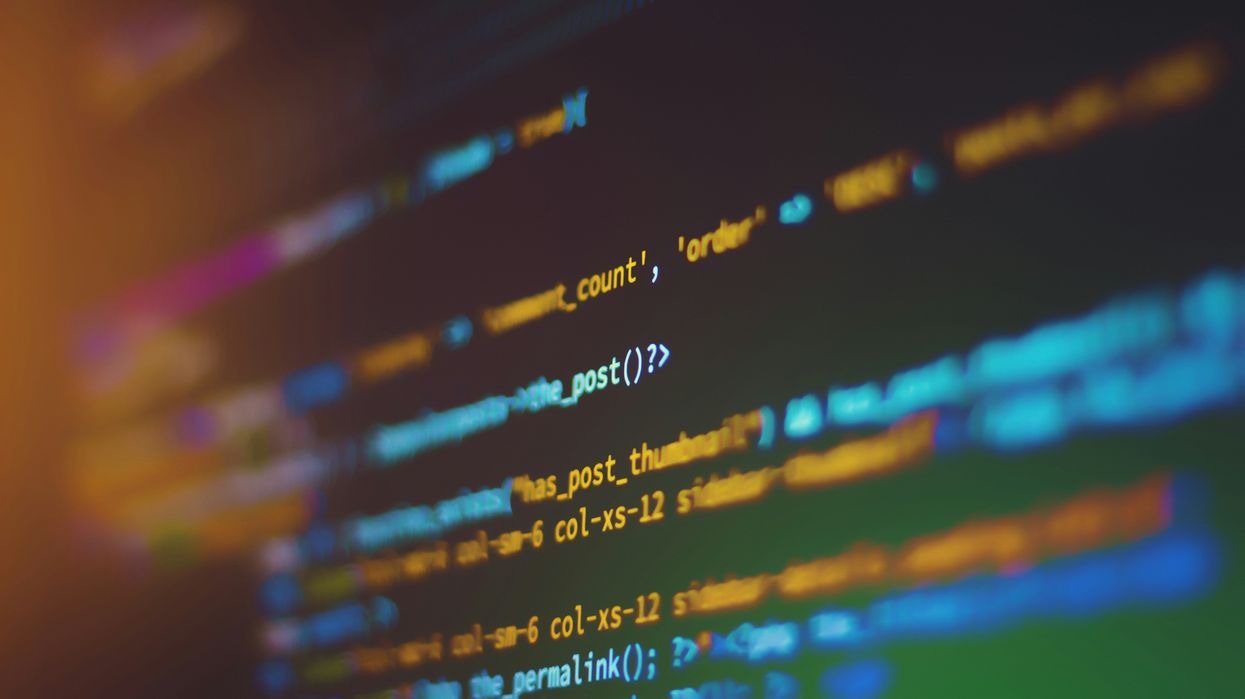The flurry of Presidential Executive Orders attracted plenty of data-based checks in the media. The bad propaganda, rollbacks, and a dip in the President’s approval rating may have been avoided if the US Constitution mandated the Whitehouse to do similar checks before initiating the Executive Orders.
Mandating data-based checks on executive orders ensures that decisions made by the President are rooted in evidence and have a clear, justifiable basis. Data-based checks would ensure that executive orders are issued only after they are scrutinized on their merits, impact, and alignment with the public interest. These checks help prevent orders from being issued on personally or politically motivated priorities or unsubstantiated claims.
One of the recent Presidential priorities has been Generative AI (GenAI). My mentee, a high school senior, and I recently presented a study using GenAI on the correlation of sexual assault crime rates with statutory stringency at a reputed conference. GenAI infrastructure, like Large Language Models (LLMs), can help with data-based checks for executive orders.
LLMs like ChatGPT can analyze statutes, case law, and public opinion pieces like this one to assess the legality and alignment of an executive order quickly. By parsing through large volumes of legal documents, AI can identify precedents, flag conflicts, and offer predictions on the potential legal outcomes of a given executive order. GenAI could predict the effects of a policy across various sectors of governance.
Checks and balances are a core principle of the functioning of a democratic government. It is not in the interest of the people at any time for the executive orders of one person to bypass the legislative process. Favoring narrow interests is not aligned with the spirit of democracy. We need a constitutional provision to prevent the executive from undermining or overriding Congress’s role in lawmaking. Life can become unimaginably difficult if the Police Department Sherriff, for instance, starts issuing far-reaching orders, regardless of the law of the land, based on personal agendas, whims, and vendettas. As was once popularly said, power corrupts, and absolute power corrupts absolutely.
Democracy is finally answerable to the people, their representatives, and the judiciary in the short term. The executive branch of the government, as the name indicates and as enunciated in Article II of the constitution, is meant to execute the orders passed by the legislative wing.
An interim executive order may be necessary when the legislature is not in session or for other urgent reasons, but that needs to be ratified by the Congress within a specific time or it lapses. This may not have been incorporated into the Presidential form of government, but it is never too late to change something for good. In a true democracy, both legislative chambers should have the power to review, amend, or oppose executive actions.
The economy grows as more and more people join its core echelons. People are the most important economic resources at all times. When countries not as developed as the USA are willing to take even criminals deported from the USA, it is unfortunate that we are unable to utilize even better-qualified people to our advantage.
Data will prove that lack of manpower is bound to increase Americans' costs. For instance, before the pandemic, deep cleaning my home using Amazon service, which is no longer available now, cost $127.99. Cleaning teams are now demanding $500 for the same service. The current onslaught on immigration may raise that price tag much further.
Even minor regulations often go through a public comment period. Surprisingly, executive orders that have a wide-reaching impact are allowed to be enforced unilaterally. The current pandemonium at the helm of affairs is indeed a wake-up call for change.
Vishnu S. Pendyala, Ph.D., MBA (Finance), teaches machine learning and other data science courses at San Jose State University and is a Public Voices Fellow of The OpEd Project. Opinions expressed are his own and not those of his employer or any other entity that he is affiliated with.




















